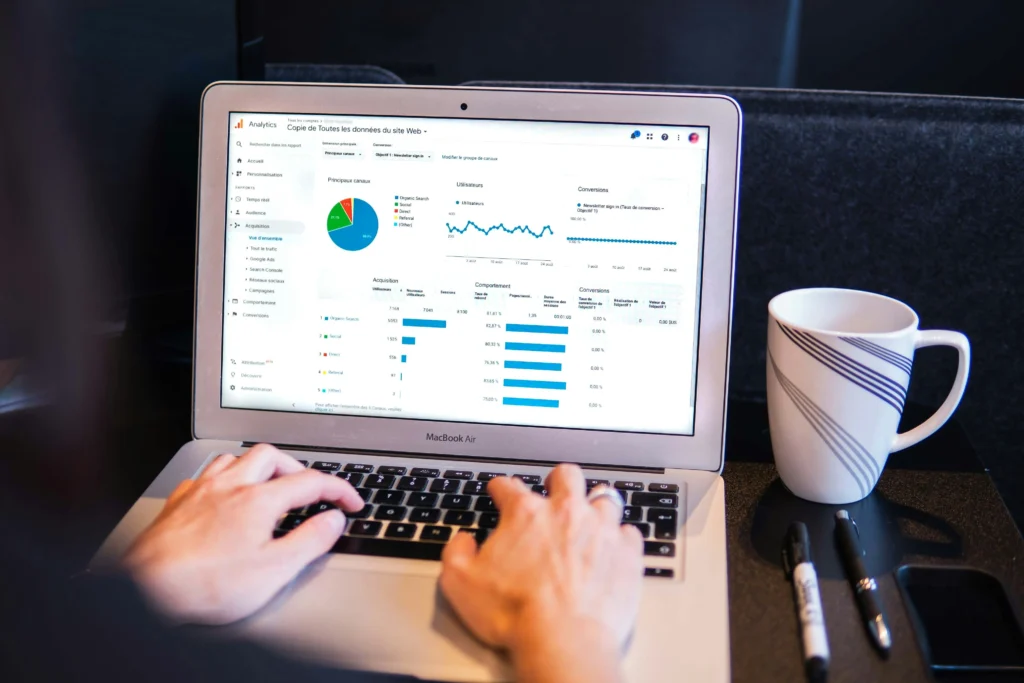In the ever-evolving landscape of digital marketing, the Google ecosystem stands out as a robust and versatile platform for advertisers looking to maximize their reach and impact. Understanding the intricacies of Google Ads and how to leverage its various tools can significantly enhance the effectiveness of marketing campaigns. This article delves into the key aspects of the Google ecosystem, drawing insights from recent discussions and expert analyses.
The Versatility of Google Ads
Google Ads, formerly known as Google AdWords, offers advertisers a multitude of options to target their audience effectively. One of the primary strengths of Google Ads is its ability to cater to different campaign goals, whether it is brand awareness, lead generation, or direct sales. Advertisers can choose from various campaign types, including search ads, display ads, video ads, and shopping ads, each tailored to specific marketing objectives.
Take your videos to the next level by looking into our AI and traditional video offerings.
Optimizing Campaigns
A critical aspect of running successful Google Ads campaigns is the ability to manage and optimize ad spend efficiently. By leveraging Google's comprehensive analytics, advertisers can monitor performance metrics and adjust their strategies accordingly. For instance, understanding the difference between targeting new customers versus existing ones can significantly impact conversion rates. Setting up campaigns with specific goals, such as driving new conversions or retargeting past visitors, ensures that the advertising budget is utilized effectively.

The Importance of Analytics and Data Integration in the Google Ecosystem
Integration between Google Ads and Google Analytics is paramount for in-depth campaign analysis. This synergy allows advertisers to track user behavior from ad click to final conversion, providing a holistic view of the customer journey. By analyzing data from both platforms, marketers can make informed decisions, optimizing their campaigns for better performance. This integration is crucial for identifying which ads generate the most engagement and conversions, thereby refining targeting and improving ROI.
Global Reach and Market Adaptation
For businesses looking to expand internationally, Google Ads offers a powerful platform to reach global audiences. However, entering new markets requires careful consideration of budget allocation and market-specific strategies. For instance, advertising on Google in European markets may involve dealing with different currencies and higher competition. Exploring alternative platforms like Pinterest or LinkedIn for specific regions can also be a cost-effective strategy, depending on the business goals and target demographics.
Conclusion
The Google ecosystem provides a comprehensive suite of tools for advertisers to create, manage, and optimize their campaigns. By understanding the nuances of Google Ads, integrating with Google Analytics, and leveraging innovative ad formats, marketers can significantly enhance their advertising effectiveness. Whether targeting new customers or retargeting existing ones, the strategic use of Google's advertising solutions can drive meaningful engagement and deliver substantial returns on investment.
Check out our sister company's offer for professional help with all your digital advertising needs.
